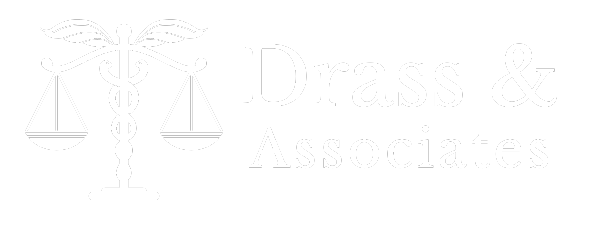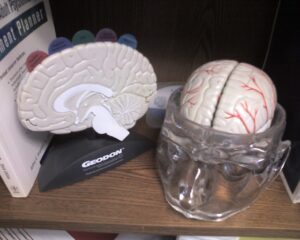The unprecedented vitriol many of us are witnessing, experiencing, and grieving as of late keeps making the psych nurse in me repeatedly ask myself, “whyyyyyy?, why now?”
And I keep answering myself, in part, with references back to this book; I invite you to consider if it might be helpful to you.
Becks’ Prisoners of Hate: The Cognitive Basis of Anger, Hostility, and Violence is a groundbreaking exploration of the psychological roots of prejudice, hate, and violence. Drawing on their extensive experiences as a cognitive therapists, Drs. Aaron and Judith Beck delve into the cognitive processes that can lead to destructive behaviors.
Key Points:
- Cognitive Distortions: Beck argues that distorted thinking patterns play a central role in fostering negative emotions and behaviors. These distortions can include overgeneralizations, catastrophizing, and all-or-nothing thinking.
- Negative Framing: Individuals who are prone to prejudice or hate often view the world through a negative lens, focusing on the negative aspects of others and situations.
- Dehumanization: In extreme cases, individuals may dehumanize others, reducing them to stereotypes or objects rather than recognizing their inherent humanity.
- The Cycle of Violence: Beck describes a cycle of violence in which negative thoughts lead to negative emotions, which in turn can lead to aggressive or violent behaviors.
- Cognitive Therapy as a Solution: Beck proposes cognitive therapy as a potential intervention for individuals struggling with prejudice or hate. By challenging negative thought patterns and developing more positive and realistic perspectives, individuals can learn to manage their emotions and behaviors more effectively.
Prisoners of Hate offers a valuable contribution to our understanding of the psychological factors that contribute to prejudice, hate, and violence. By shedding light on the cognitive processes involved, Beck provides insights into potential strategies for prevention and intervention.





